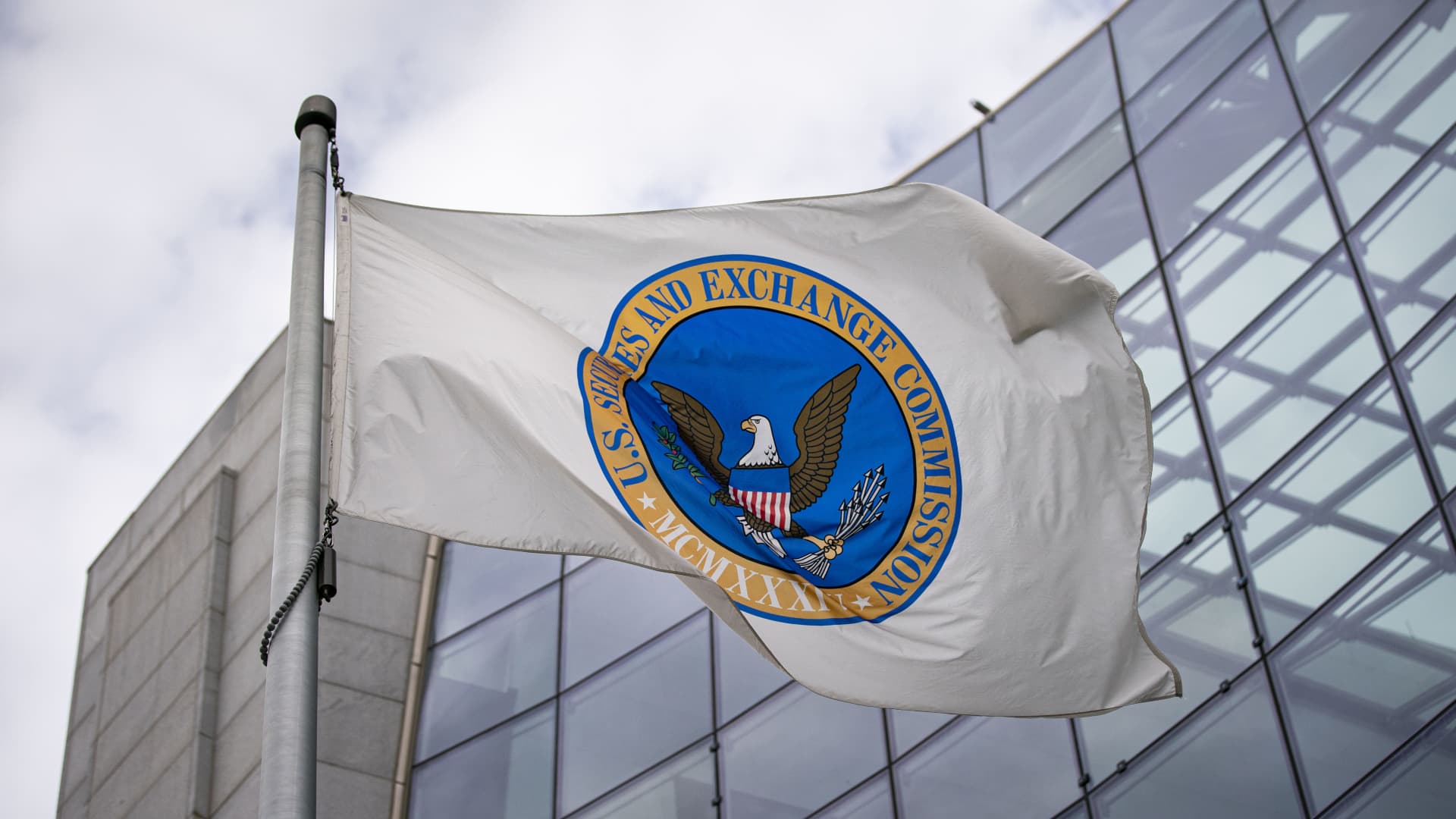The United States Securities and Exchange Commission (SEC) has initiated legal proceedings against accounting firm Prager Metis, which had previously provided services to the cryptocurrency exchange FTX before the exchange’s declaration of bankruptcy.
According to an official statement released on September 29th, the SEC alleges that Prager Metis failed to maintain the necessary independence while offering auditing services to its clients, which is in violation of the auditor independence framework.
To prevent conflicts of interest, accounting and audit functions are required to be kept separate.
The SEC claims that these intertwined activities took place over a span of nearly three years, constituting a significant breach of fundamental auditing principles.
The statement underscores the critical importance of auditor independence in safeguarding investor interests.
While the SEC’s statement does not explicitly mention FTX or any other specific clients, it highlights that there were allegedly “hundreds” of violations of auditor independence throughout the three-year period in question.
This suggests a widespread problem within Prager Metis’ practices.
A previous court filing disclosed that FTX Group had engaged Prager Metis to audit its subsidiaries, FTX US and FTX, at some point in 2021. Subsequently, FTX declared bankruptcy in November 2022.
The filing argued that Prager Metis should have recognized that FTX would use their audit results to build public trust, especially after former FTX CEO Sam Bankman-Fried had publicly disclosed previous audit outcomes.
Concerns had been previously raised about the content presented in FTX’s audit reports.
On January 25th, FTX’s current CEO, John J. Ray III, expressed substantial concerns regarding the information presented in the audited financial statements during a bankruptcy court proceeding.
Senators Elizabeth Warren and Ron Wyden had also voiced concerns about Prager Metis’ impartiality, suggesting that the firm had operated more as an advocate for the cryptocurrency industry.
Meanwhile, another entity involved with FTX, U.S.-based law firm Fenwick & West, has recently faced legal challenges.
In a court filing dated September 21st, plaintiffs alleged that Fenwick & West should bear partial responsibility for FTX’s collapse due to its alleged excessive service offerings to the exchange.
However, Fenwick & West contends that it cannot be held accountable for a client’s misconduct as long as its actions remain within the bounds of its representation of the client.
This legal dispute further complicates the aftermath of FTX’s bankruptcy declaration and raises questions about the responsibilities of service providers in such cases.
Other Stories:
French Authorities Conduct Surprise Raid on Nvidia’s Offices Amid Antitrust Inquiry
NFT Artist Raises £114,000 at Edinburgh Charity Event to Support Cancer Treatment
New U.S. Bill Proposes Enhanced Oversight for Cryptocurrency Transactions




